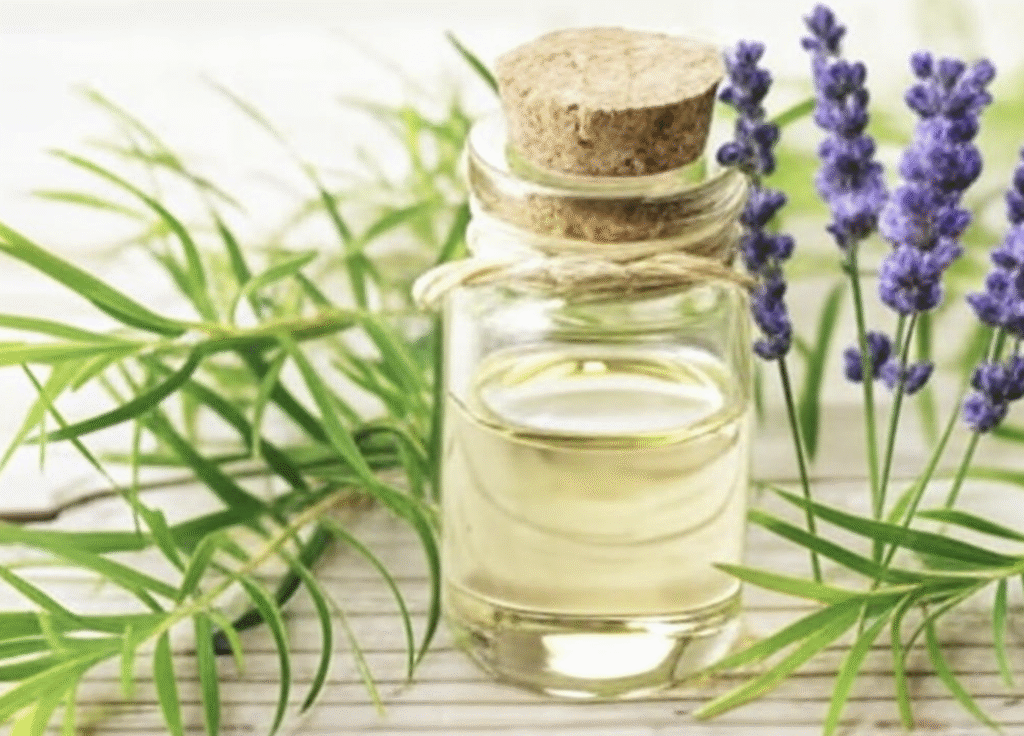Aromatherapy and Skin Care: Harnessing the Power of Essential Oils
Essential oils are more than just pleasant fragrances—they carry powerful properties that can support skin health by addressing concerns such as acne, premature aging, dryness, and inflammation. Over the past decade, both the beauty and wellness industries have increasingly shifted toward natural remedies and holistic practices, with aromatherapy emerging as one of the most trusted approaches.
With more than 15 years of experience in dermatology, I have seen firsthand how blending traditional dermatological care with holistic therapies like aromatherapy can deliver remarkable results. Before diving into how essential oils enhance skincare, it’s important to recognize that every skin type has its own needs:
- Dry Skin – Often feels tight, rough, and may appear flaky.
- Oily Skin – Characterized by excess sebum production, leading to shine and acne breakouts.
- Combination Skin – Displays characteristics of both oily and dry skin in different areas.
- Sensitive Skin – Easily irritated, reactive to products, and prone to redness or discomfort.
A quick way to determine your skin type is to wash your face at night, skip any moisturizer, and in the morning press a tissue to your skin. Oily spots will reveal where sebum is produced, while dry areas show lack of hydration.
What Is Aromatherapy?
Aromatherapy is the use of concentrated plant extracts—essential oils—derived from flowers, herbs, and trees. These oils can be inhaled or applied to the skin (always diluted with a carrier oil) to promote physical, emotional, and skin health.
Best Essential Oils for Skin Care
- Lavender Oil – Calming, antibacterial, and effective for acne and wound healing. (I often add a few drops to my bedsheets for relaxation.)
- Tea Tree Oil – Strong antibacterial and antifungal properties, ideal for acne-prone skin.
- Rosehip Oil – Rich in fatty acids and antioxidants, deeply hydrates while reducing pigmentation and fine lines.
- Frankincense Oil – Improves tone, elasticity, and minimizes scars; perfect for mature skin.
- Geranium Oil – Balances sebum production, making it great for oily or combination skin. (I recommend adding a few drops to bathwater once a week.)
How to Incorporate Essential Oils into Your Skincare Routine
- Cleansing – Use a mild cleanser with tea tree or lavender oil to purify without stripping natural oils.
- Toning – Rose or geranium-infused toners balance pH and hydrate, especially for aging skin.
- Moisturizing – Blend essential oils with carrier oils (like jojoba or argan) for healing, hydration, and improved texture.
- Facial Masks – Customize DIY masks: honey and tea tree oil for acne, or yogurt with rosehip for hydration.
- Inhalation & Diffusion – Diffusing calming oils reduces stress, which indirectly improves skin health.
Safety and Precautions
While essential oils are powerful, they must be used with care:
- Always dilute with a carrier oil before applying to the skin.
- Perform a patch test before trying new oils.
- People with sensitive skin or medical conditions should consult a dermatologist.
- Pregnant or breastfeeding women should seek medical guidance before use.



